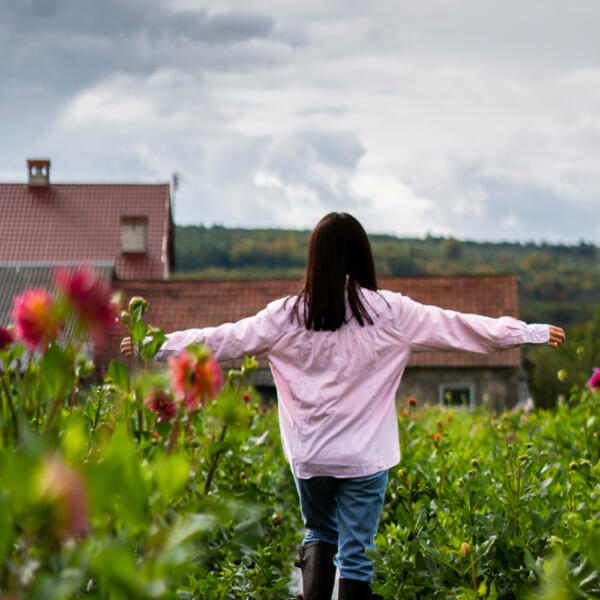Geelong Chinese medicine for allergies
How Chinese medicine understand allergies
In Chinese medicine, there are two factors for sickness:
- external pathogenic factors; and
- your body’s healthy Qi (defensive Qi which prevents us from getting sick).
Symptoms of sickness are a result of the body fighting against the external pathogens. If the body is healthy and strong, a person might experience mild symptoms or not get sick at all. However, if the body is not strong enough or the pathogen is vicious, symptoms can be very severe.
Allergic reactions are caused by the competitive onset of similar symptoms. They are allergen-induced, seasonal or not seasonal. In Chinese medicine, an allergy is a chronic condition that indicates the body is fighting against pathogen(s), but not strong enough to completely rid it from the body.

Understanding allergies

Allergens are found in a variety of sources. Common allergens include:
- plant pollens, such as grass and trees
- animal products, such as dust mite, animal fur etc.
- food, such as nuts, eggs, milk, shellfish and so on
- drugs
- metals.
Allergic reactions can be triggered by any form of contact with the human body, including breathing and inhaling, consuming food or drinks and direct contact with any part of the body. Symptoms can include rashes, hives, nausea, vomiting, stomach pain, difficulty breathing, dizziness and some more serious conditions.
Hay fever refers to a complex of symptoms including sneezing, itchy eyes and nose, nasal congestion and runny nose in response to allergens such as pollen and dust.
In Chinese medicine, lungs are the primary organs for breathing. When lung Qi is insufficient, the lungs fail to expel external pathogens. That’s why a lot of people find their hay fever symptoms are worse when they also suffer from some other health problems, such as low energy and poor digestion.
Our approach in treating hay fever
There are two aspects involved in treating hay fever; reducing exposure to pathogens and minimising signs and symptoms. Keeping away from allergens is an effective way to prevent hay fever. Keeping windows and door closed during hay fever season, washing hands and face after going to the garden and tumble drying your clothes can reduce your exposure to pollens and dust.
We use acupuncture to reduce symptoms such as itchy eyes, nose and throat, blocked and runny nose and sneezing. We also give Chinese herbal medicines to moderate immunity and strengthen the lungs, to treat the root of the problem.
During non-hay fever season, it is necessary to strengthen the body’s defensive Qi, and improve constitution.
Chinese medicine views chronic illness as a long standing disharmony in the movement of Qi and supply of vital substances in the body. Signs and symptoms that may seem unrelated from a Western medical viewpoint can point to a well understood pattern in Chinese medicine. By diagnosing and addressing the underlying pattern the body may be able to move towards its ideal state and outwards symptoms may be reduced.
If you are wondering about Chinese medicine for your condition please contact us for a free email or telephone for an opinion if Chinese medicine may be of help to you.
